John White Returns to Roanoke
Today I will conclude the tale of the Roanoke settlement in Virginia
From the Book:
Colonial American History Stories - 1215 - 1664
Transcript:
Greetings, today I will conclude the tale of the Roanoke settlement in Virginia
Before getting started, I would encourage you to subscribe to the Mossy Feet Books You Tube channel for more great content. I also entreat you to visit my website, www.mossyfeetbooks.com. There you will find sample chapters, podcasts, a slew of content and links to where you can buy my books. While visiting the web site you can subscribe to it and receive email notifications of when I publish a new book or other content, like this video and podcast. This episode is based on my book, Colonial American History Stories 1215 - 1665.
The Return to Roanoke
Roanoke Governor John White had left Roanoke Colony in 1587 to fetch supplies from England. He had hoped to return the following spring. His efforts at re-supply failed due to the arrival off the coast of England by the Spanish Armada in 1588. Queen Elizabeth requisitioned all the ships England could muster to beat off this vast fleet. He did manage to scrounge up two small ships, the Brave and the Roe. He supplied these decrepit ships and set off from England in early 1588. French pirates intercepted his relief expedition and robbed him of everything he had. They returned to England, lucky to have their lives. By July 1588 England had beat off the threat, however it was 1590 before White could muster the resources to return to the colony. He longed to see the daughter he had left behind, and his granddaughter Virginia. Virginia was the first English child borne in the New World on August 18, 1587 and he longed to see her. He stocked two ships, the Hopewell and the Moonlight and set sail in March 1590. The return voyage encountered difficulties and had to fight a number of battles with privateers. They finally arrived off the coast of Virginia on August 18, 1590, his granddaughter’s third birthday.
The Search
Bad weather plagued the search from the beginning. Gale force winds almost grounded the ships, and the landing party got ashore with much difficulty. The men sounded a trumpet call several times and played several tunes on it, hoping to attract the attention of the colonists. Receiving no reply, they set off through the forests. The searchers finally reached the colony and found it deserted. White had told the colonists before departing that if they were compelled to leave, they were to carve their destination on a post close to the fort. If compelled to leave under duress, they were to carve a Maltese cross in the message. They found that the houses had been torn down and a fortress-like palisade erected. On the right side of the entrance, they found the word CROATOAN carved. There was no Maltese cross. Inside the palisade, weeds had overgrown the grounds, and all the food supplies spoiled.
Croatoan
The name of a nearby island was Croatoan and this was the supposed destination of the colonists. The expedition returned to the ship, hopeful of finding the colonist at the island. However, foul weather returned. A foraging expedition to a small island for fresh water failed, the men barely making it back to the ships. Gale force winds again almost forced the ships aground. They lost three anchors in the fight against the wind and managed only by luck to get into deep water, avoiding grounding. Assailed by bad weather and short of water and supplies the expedition at this point had no choice but to return to England and abandon the search.
On October 24, 1590, White returned to England never to see his daughter or granddaughter again. The mystery of the Lost Colony endures to this day.
The episode is based upon my book, Colonial American History Stories - 1215 - 1664, available on the web site, www.mossyfeetbooks.com. The book is the first book in the 6 volume Timeline of United States History Series. Discover some of the famous and almost forgotten historic stories of America. The story begins with the signing of the Magna Carta in 1215 and the beginnings of the concept of limited government and ends, for now, with the beginning of the American Revolution in 1775. The articles in the book have much more detail as well as articles not included in this podcast series.


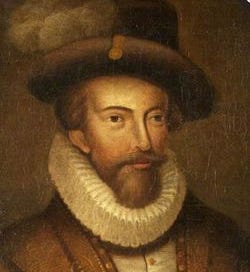


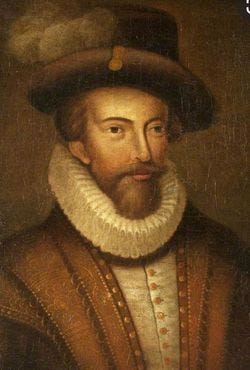

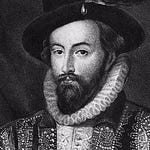
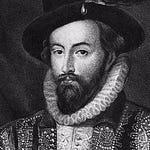

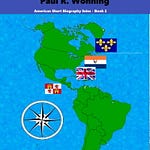
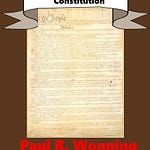

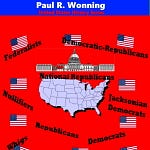
Share this post